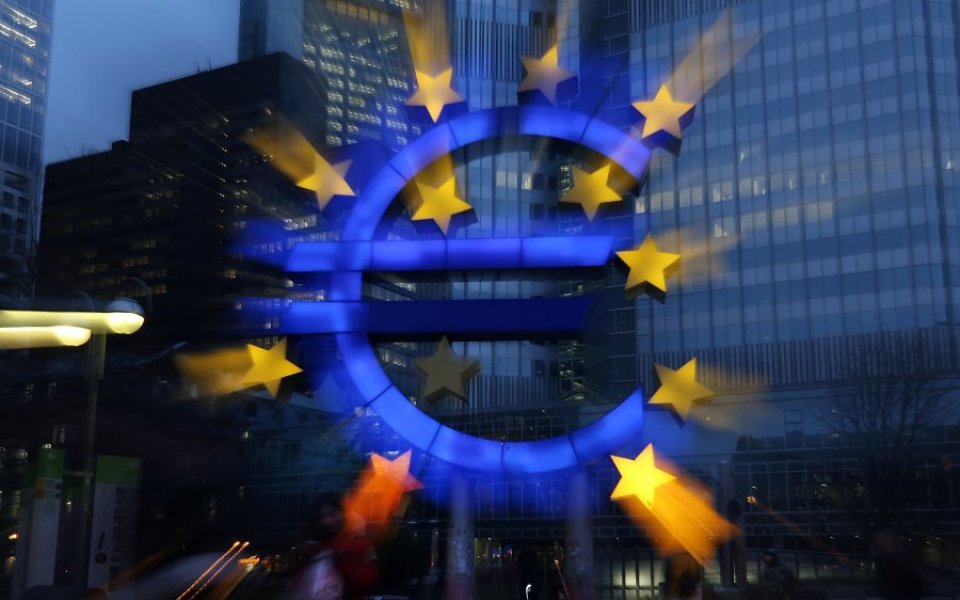EU neverendum: Why a Remain vote could intensify forces pushing the UK out the European Union

After months of posturing from the capitals of Europe, David Cameron and European Council president Donald Tusk have finally put a draft deal for proposed European Union reforms on the table. Now the campaign, over an issue that has dominated UK politics for decades, will begin in earnest.
As attention turns to Brussels for the all-important 18-19 February EU Summit, we believe that Cameron will return in an expansive mood, holding aloft his prized deal for the UK to remain a member of the EU. Recent polling has seen the share of those wishing to leave the EU increase, but these polls disguise the effect a successful Cameron will have on the voting public. Armed with his concessions, the Prime Minister’s support for the EU will sway the outcome in his favour.
In our view, therefore, the most likely outcome of the referendum is a vote to remain. But if people hoped that would be the end of the story, they’ll need to think again. There will be far-reaching ramifications even if Britain votes to stay in the EU, and we should be prepared for the possibility of a “neverendum”.
One of Cameron’s key negotiating points is ensuring fair and equal treatment of countries not part of the single currency. This is not to allow Britain to stand in the way of, or gain a veto over, further Eurozone integration – quite the opposite. Indeed, this safeguard for non-Eurozone members is likely to be the most far-reaching negotiating point come 18 February.
It could be one of the driving forces behind what may become a multi-speed Europe. At present, in contrast to the Eurogroup and the European Central Bank (ECB), the Parliament, the Commission and the European Council all have to balance the interests of the 19 Eurozone member states – the “ins” – and the nine remaining non-euro member states – the “outs”. The UK is by far the dominant member of the “outs” and, as Europe’s second-largest economy, it serves as its unofficial spokesperson.
The forthcoming referendum is a strong example of the populist forces at work in Europe and, even if the UK votes to remain, it could fast-forward the appearance of a new EU structure by decades.
Of course, retaining EU membership will mean doing so under different terms in a changed EU. But this won’t be without its own adversities. The EU’s aim is to integrate all “outs” into the Eurozone except the UK and Denmark, given their euro opt-out clauses, so the three main EU bodies (the Parliament, the Commission and the Council) will gradually transform themselves into Eurozone institutions like the ECB and Eurogroup.
And as time passes and every country besides the UK and Denmark ultimately joins the single currency, over the long term, the only two “outs” will seek to influence policy through the European institutions without being part of the monetary union, and vice versa. This will create its own, and magnify existing, tensions. The interests of the “in” camp will not always coincide with those on the outside. In the long run, this structure could begin to crumble.
For those Europhiles breathing a sigh of relief upon a Bremain outcome, the celebrations could be short-lived, particularly if the Eurosceptic campaign secures a significant proportion of the public vote. If the new arrangement becomes untenable, it could force the UK to either reconsider its EU membership or join the euro. The challenges confronting what will eventually become a tiny set of members outside the Eurozone, by then overshadowed by a large highly-integrated bloc within a single market framework, simply will not evaporate with a UK vote to remain at some point this summer.
Comparisons could rightly be made with the other referendum that has overshadowed British politics in recent years: the campaign for Scottish independence from the UK. The familiarities could initially manifest themselves in the markets: in the run-up to the Scottish referendum in 2014, sterling weakened by 3-4 per cent against the US dollar. Depending on where sterling is trading as the EU referendum approaches, the move this time could be similar.
But there is a longer-term comparison with Scotland too; one which could be more concerning for markets, investors and politicians alike. While originally cast as a “once-in-a-generation” referendum, the increasing dominance of the Scottish National Party has raised the prospect that it might be a very short generation indeed. It is very likely that the same fate awaits Britain after the EU referendum.